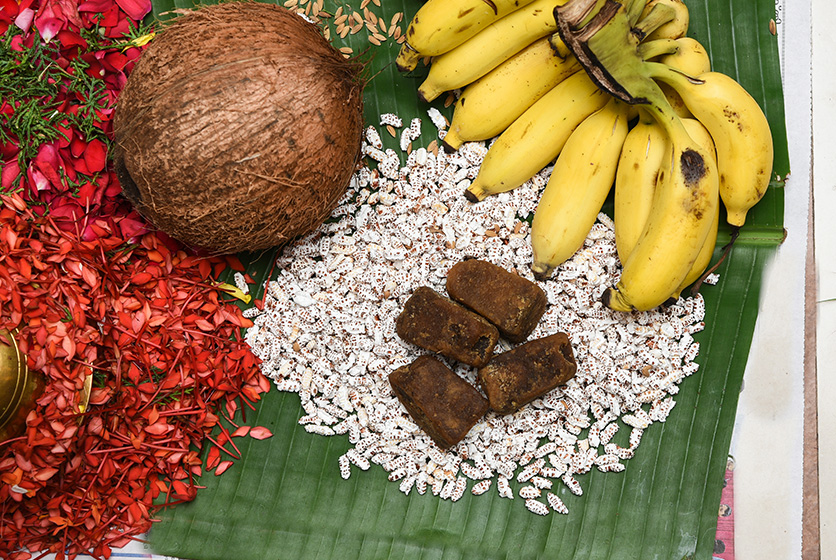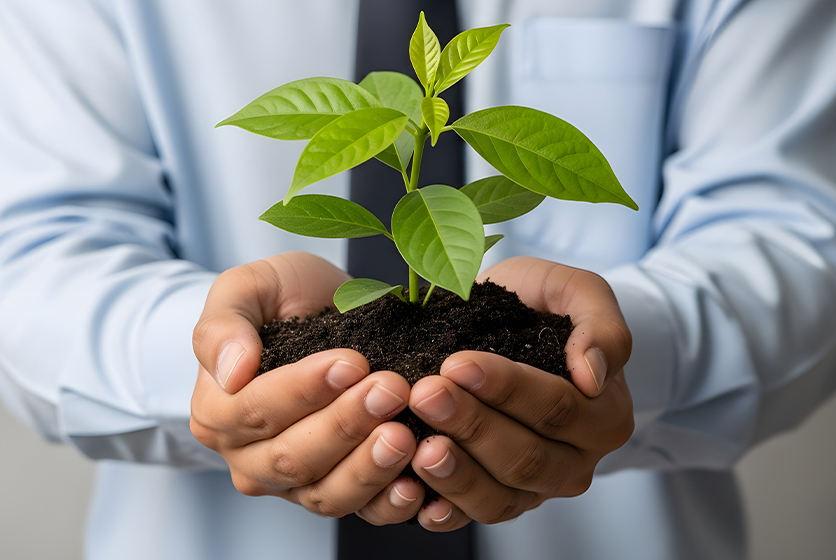Indian Harvest Festivals
It is intriguing and interesting to see that whatever one reaps is infinitely larger than what one sows. And one of the best examples of this is seen in agriculture. Farmers sow a small seed and reap nurturing, bountiful crops come harvest time. The nourishing nature of harvest is one of the biggest reasons why the plethora of rural festivals in India are celebrated in unique ways. Let's travel through India and look at few of the traditional Indian festivals associated with harvest time.
North India
Few of the more popular harvest festivals in North India are:
-
Lohri
-
Baisakhi
-
Makar Sankranti
Lohri is seen mostly in Punjab, Haryana, and Himachal Pradesh. Typically, it is celebrated around the middle of January with bonfires. Makar Sankranti is celebrated just a day after Lohri. This festival is rather interesting because it is not only celebrated in many States of India but also by countries such as Thailand, Cambodia, and Myanmar.
Depending on which state you are celebrating Makar Sankranti in, you will hear it being referred to as:
-
Peddha Panduga in Andhra Pradesh, & Telangana
-
Pongal in Tamil Nadu
-
Dahi Chura in Bihar
-
Ghughuti in Uttarakhand and
-
Sakraat in Rajasthan – to name just a few ‘variants’ of the festival

Baisakhi, or Vaisakhi is celebrated around the middle of April and is mostly associated with Punjab. Interestingly, even Holi has a harvest-festival element because it also signifies a prayer for a good spring harvest.
West India
There is a bit of an ‘overlap’ if one may call it that, in the festivals celebrated in North and Western India. For instance, Makar Sankranti is celebrated in large portions of Western India too. Colourful kites speckle the sky, and everybody gorges on traditional India sweets.
Gudi Padwa is celebrated in Maharashtra, and Goa too. Celebrated in March or April, this festival has a unique aspect known as gudhi dvaja which is a silver / bronze / copper pot raised atop a long bamboo stick – much like a flag!
There is the Gangaur festival which is also celebrated in March / April and is mostly observed by Rajasthan. It is also celebrated in other parts of India under different names.
South India
Pongal, Onam, Karaga, and Ugadi are a few of the main harvest festivals in Southern India.
Tamil Nadu celebrates Pongal in the middle of January by boiling a pot with rice & jaggery in it. And ensuring that the pot overflows – signifying the abundance of joy. Onam in Kerala is a magnificent sight with elaborate flower rangolis, and the world-famous snake-boat races.
Sankranti is celebrated in Karnataka with delicacies such as ellu bella which is a mixture of sesame, jaggery, and peanuts. Ugadi signifies the start of the year in Telangana, and Andhra Pradesh and typically, this falls around early April.

East India
Poush Sankranti is celebrated in January, marking the harvest of the winter crops in West Bengal.
Nabanna, which literally means ‘New Feast’ is marked mostly by Bengalis around November / December. Odisha celebrates nuakhai around August – September. Once again, Makar Sankranti is marked by different names in various places here - poush sankranti in West Bengal, tusu parab in Jharkhand and so on.
Northeast India
Bihu, Wangala, Sekrenyi, Garia Puja, Dree, and Solung are a few of the harvest festivals in this region. Assam celebrates Bihu on three occasions! January marks the Magh Bihu, April brings in Bohag Bihu and October the Kati Bihu.
Nagaland, and Meghalaya celebrate Wangala, which is also known as the festival of a Hundred Drums. This celebration can last up to a week! Arunachal Pradesh celebrates Dree which is intricately linked with sustainable agricultural practices.
Central India
Here too, we see the widespread celebration of Makar Sankranti. There is also Pola festival of Chhattisgarh which takes place usually in August. Along with the harvest aspect Pola also celebrates the role of oxen in agriculture. The Hareli festival is also celebrated around July / August with festivities conducted by the farmers communities.
#InterestingInfo
-
Different tribes and even communities have their own harvest traditions. For instance, Agera is celebrated by the Roman Catholic community of Mumbai
-
Most harvest festivals of India have ancient beginnings and associations with mythology too.



